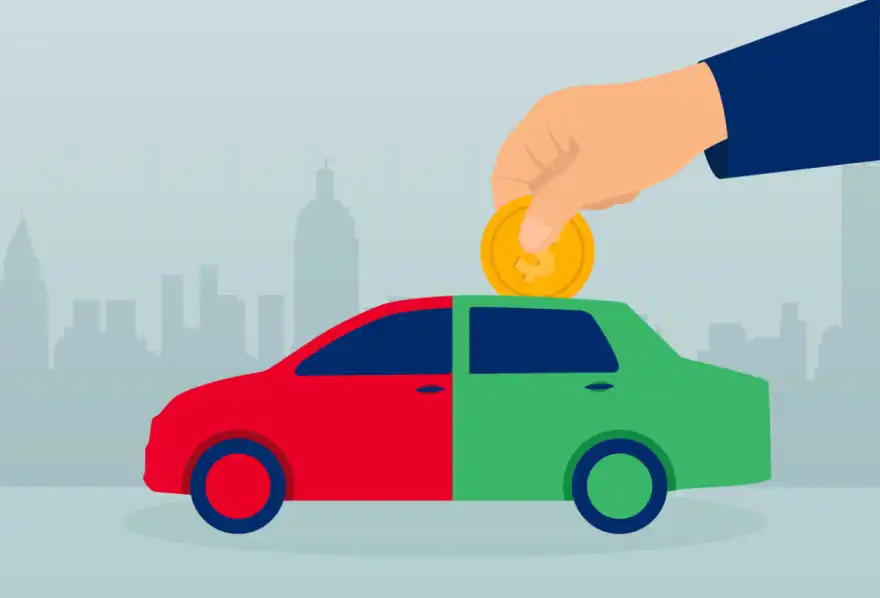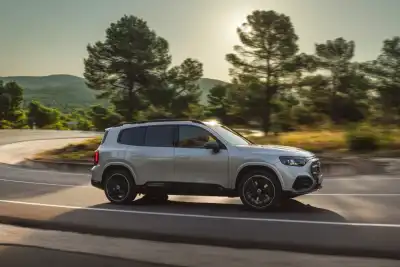
Chancellor Rachel Reeves has been cautioned by executives from 12 of the UK’s largest car brands that the Zero Emission Vehicle (ZEV) Mandate will struggle without incentives for private buyers of electric cars.
In an open letter, they argue that “consumers respond to carrots not sticks” and that “mandates don’t make a market.” The carmakers highlight the “unprecedented” £2 billion they’re spending on EV discounts, yet demand remains stagnant. September’s new car sales data shows private demand for diesel cars grew by 17.1%, while electric vehicle demand rose just 3.6%.
The CEOs warn that failing to meet ZEV Mandate targets could lead to reduced investment, cutbacks in research and development, or even job losses. They also caution that fines for missing targets will ultimately raise costs for consumers. While one in six new cars sold is zero-emission, the market share for EVs is barely moving.
The ZEV Mandate requires that by 2024, 22% of new car sales and 10% of new van sales must be zero-emission. However, the industry expects EVs to make up only 18.5% of the market by the end of this year, well short of the 22% goal.
While the carmakers support the government’s commitment to net zero and believe the transition can boost economic growth, they argue that success depends on making EVs affordable for consumers. When the ZEV Mandate was first developed, there was optimism about market growth, cheaper batteries, abundant materials, and low interest rates—assumptions that have since proven inaccurate.
The letter, published by the Society of Motor Manufacturers and Traders (SMMT), also points to concerns over the UK’s charging infrastructure, which is causing many potential buyers to delay their car purchases. The average age of cars on UK roads has risen from eight to over nine years, reflecting the broader slowdown in the market, which remains about 20% below pre-Covid levels.
The execs stated, “The overall market remains around a fifth below pre-Covid levels, with the lowest proportion of private consumer demand on record – a situation even more stark than the 2008 financial crisis that prompted government to step in with the ‘cash for bangers’ scheme,”
The SMMT notes that EV fleet sales are increasing, thanks to company car tax benefits, which proves that incentives work.
They are calling for a package of measures to support private buyers, including halving VAT on new EV purchases for three years, adjusting the Expensive Car Supplement that disproportionately affects EVs, and reducing VAT on public charging.
So, would you choose diesel or electric for your next car? Let us know in the comments!




